I do, I play... (B2)
Present simple tense (423)
Přítomný čas prostý
Na Landigo se dnes zaměříme na pokročilejší použití přítomného prostého času.
Další související lekce:
This week is our last chance to go to the pool. It closes on Sunday.
| Budoucí děj (pevný časový plán): |
|
It closes on Sunday.
|
|
It opens in spring next year.
|


Nejdříve si připomeňme základní použití přítomného času prostého (present simple tense) – často jde o něco opakovaného, dlouhodobého, trvalého, o nějaký stav nebo obecnou pravdu.




Pokročilejší použití přítomného času prostého:
- Vypravování (historek, vtipů, shrnutí děje...):
A pretty brunette enters the bar and smiles at me.
- Živé komentáře:
Beckham shoots! And he misses again.
- Instrukce (recepty, manuály...):
How do I get there? – You take the first road on the right.
- Titulky zpráv:
Man Walks on the Moon
- Budoucí děje (pevný časový plán):
Hurry up! The flight departs in 15 minutes.
First, you put some butter into a frying pan and light the gas. Then, while the butter is melting, you take the nuts and you chop them finely.
| Instrukce: |
|
You put butter into a frying pan.
|
|
You light the gas.
|
|
You take the nuts.
|
|
You chop them.
|


Vypravování (hlavní události)
Pokud chceme vytvořit dojem právě se odehrávajícího děje a dramatičnosti, použijeme ve vyprávění (historek, vtipů...) přítomný čas. Prostý čas popisuje obvykle hlavní události:
|
I had the strangest experience with Erin the other day. We're walking down the street and she's holding my hand tighter than usual. I don't know why. A black car pulls up right next to us...
|
|
I'm lying in my bed in the dark when all of a sudden a bright blue light fills the room...
|
|
Matty, my son, comes home and tells me he wants to keep a street tomcat...
|
|
A penguin walks into a restaurant. He asks the waiter for two glasses of wine and...
|
Všimněte si, že delší děje a pozadí hlavních událostí popisuje průběhový čas (we're walking, she's holding, I'm lying).
Přítomný prostý čas se používá i pro shrnutí děje (knihy, hry, filmu...):
|
In Act I, Sampson and Gregory, two servants of the house of Capulet, stroll through the streets of Verona. Sampson vents his hatred of the house of Montague...
|
|
This movie begins on a dying planet, where a father sends his little son off to Earth. He grows up to be a perfectly normal newspaper reporter named Clark Kent...
|
I'm sitting in a taxi when all of a sudden I realise I've left the yellow suitcase at the airport.
| Pozadí hlavních událostí: |
I'm sitting in a taxi.
|
| Hlavní události: |
I realise I've forgotten it.
|

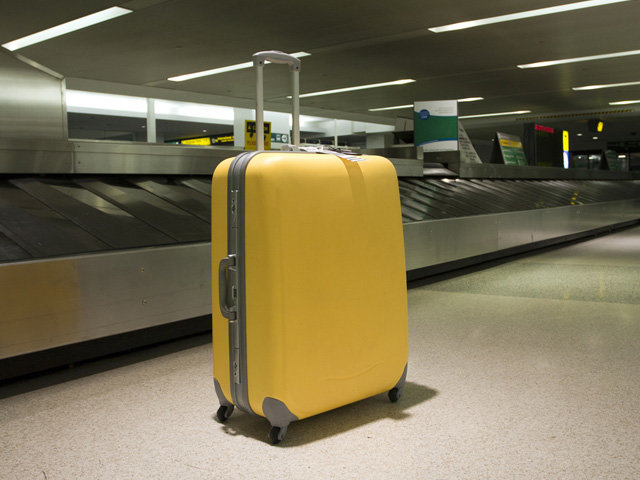
Could you summarise the plot for me? – The main character finds the diamonds, saves the girl and stops the bad guy.
| Shrnutí děje: |
|
He finds the diamonds.
|
|
He saves the girl.
|
|
He stops the bad guy.
|

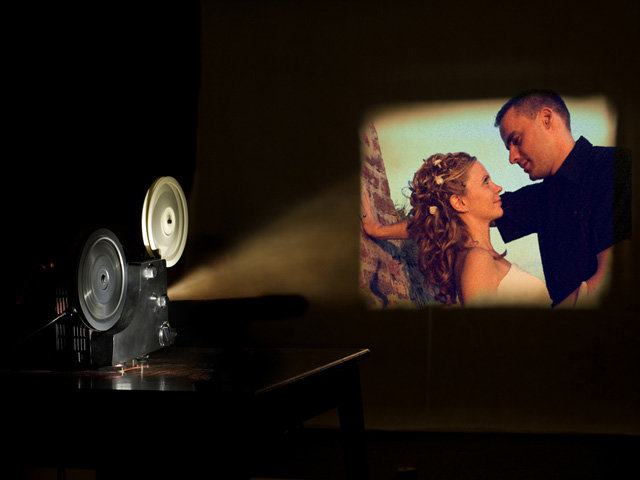
A young woman is walking home one night when she sees three hooded figures, each carrying a large bag, run out of a bank.
| Pozadí hlavních událostí: |
She's walking home.
|
| Hlavní události: |
She sees three hooded figures.
|


In the first chapter, Amanda Miller learns about a missing child and takes on the role of a private investigator.
| Shrnutí děje: |
|
She learns about a child.
|
|
She takes on the role of an investigator.
|


Živé komentáře
Přítomný prostý čas používáme pro komentáře, které živě sledují probíhající děj (např. ve sportu):
|
Grant passes to Ronaldo, he shoots, he scores!
|
|
The ball hits the net, and Serena loses the point.
|
|
What a serve! The ball just touches the line. Maria's playing an incredible tennis today.
|
Podobně jako u vyprávění historek, pozadí děje bývá v průběhovém čase (Maria's playing).
Suddenly, McGregor seems very tired. In fact, he looks as though he can barely lift his arms. He clearly struggles.
| Právě probíhající sportovní zápas: |
|
He seems tired.
|
|
He looks weak.
|
|
He struggles.
|

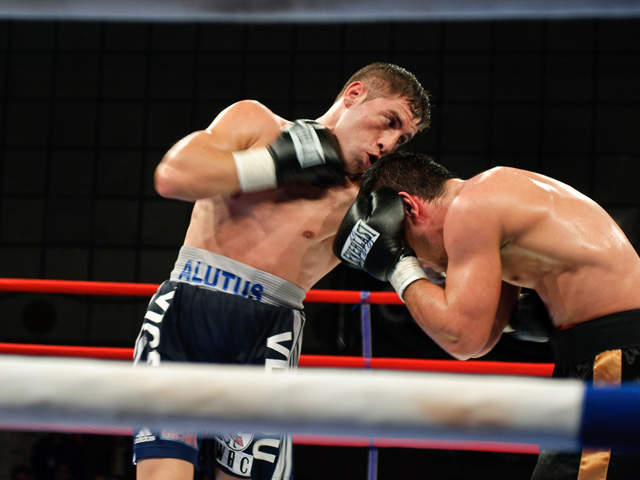
The cyclists enter the final 20km section of the race in a close and fast battle.
| Sportovní komentář: |
|
They enter the final section.
|

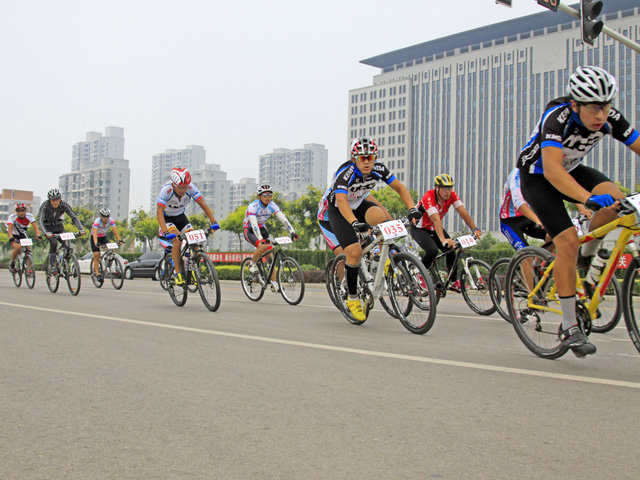
Pele's shot from 16 meters flies next to the right post.
| Sportovní komentář: |
|
His shot flies next to the post.
|

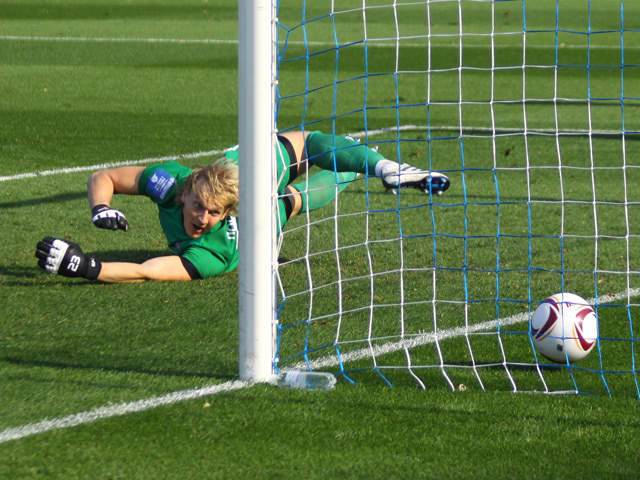
Instrukce, popisování cesty, návody, recepty...
Přítomný prostý čas někdy používáme, když žádáme o instrukce nebo je dáváme:
|
You go down this street to the church, then you turn left.
|
|
You continue to stir until the mixture is thick.
|
|
First you lightly flour the rolling pin and then you start to roll. You keep rolling and turning the pastry until it's 3 mm thick.
|
|
I've restarted the notebook. What do I do now? – You install the driver and try to reconnect the USB device.
|
|
Excuse me, how do I get to the bathroom?
|
Při dávání instrukcí můžeme použít i rozkazovací způsob – ten působí v některých kontextech přirozeněji:
|
You go down this street, then you turn left.
|
Go down this street, then turn left.
|
|
You continue to stir it.
|
Continue to stir it.
|
You fold a sheet of paper like this. Then you draw some lines with glue on this side and sprinkle them with glitter.
| Instrukce: |
| You fold the paper. You draw some lines... |
| Fold the paper. Draw some lines... |


First, you thread a piece of thread about 50 cm long through the needle. Next, you mark the place where you want the button.
| Instrukce: |
| You thread a piece of thread... |
| Thread a piece of thread... |


Can I leave the plastic on? – Of course not. You remove it before you put the pizza in the microwave.
| Instrukce: |
|
You remove the plastic.
|
|
Remove the plastic!
|


Titulky zpráv
Přítomný prostý čas používáme v novinových titulcích pro události, které se staly nedávno:
|
Ten Monkeys Escape Zoo
|
|
India Signs a Pact with Russia
|
|
Clinton Wins Presidential Election
|
Paris Becomes Europe's Most Visited City Again
| Novinový titulek: |
|
Paris Becomes the Most Visited City
|


A Man Dies in a House Fire Caused by a Faulty Gas Oven
| Novinový titulek: |
|
A Man Dies
|

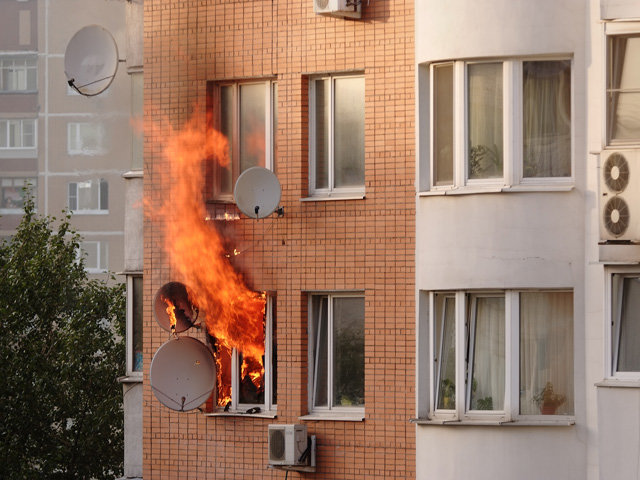
Rupee Follows Global Slide, Hits All-time Low against Dollar
| Novinový titulek: |
|
Rupee Follows Global Slide
|
|
Rupee Hits All-time Low
|


Budoucnost s pevným časovým plánem
Přítomný prostý čas použijeme pro budoucnost, která je stanovená pevným časovým plánem. Obvykle jde o nějaký jízdní řád, harmonogram nebo program:
|
John's bus arrives at midday.
|
|
What time does the concert start? – It starts at 8 pm.
|
|
The exhibition opens on April 13th.
|
|
What time do you finish at work tomorrow? – On Monday, I finish at 5 pm.
|
Vyjádření budoucnosti pomocí přítomných časů se více věnujeme v samostatné lekci.
Excuse me. Do you know where the train to Prague leaves from?
| Jízdní řád: |
|
Do you know where the train leaves from?
|


Hurry up! The movie starts in less than ten minutes.
| Pevný časový plán: |
|
The movie is starting starts soon.
|


The registration for the dog agility competition opens on June 10 and closes on June 30.
| Pevný časový plán: |
|
It opens on June 10.
|
|
It closes on June 30.
|


Přítomný čas prostý (present simple tense) – shrnutí pokročilejšího použití:
- Vypravování (hlavní události)
- Živé komentáře
- Instrukce (recepty, manuály...)
- Titulky zpráv
- Budoucí děje (pevný časový plán)
